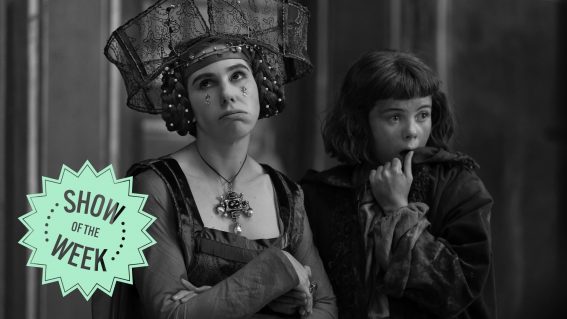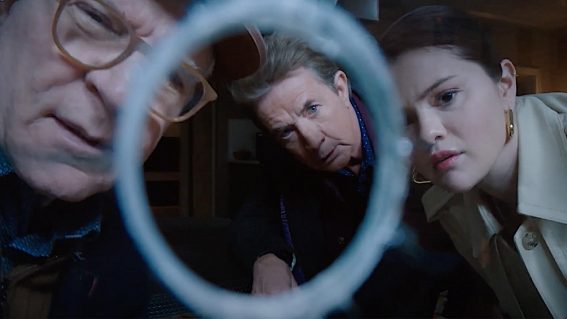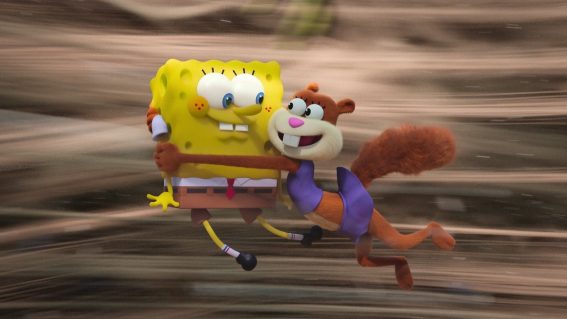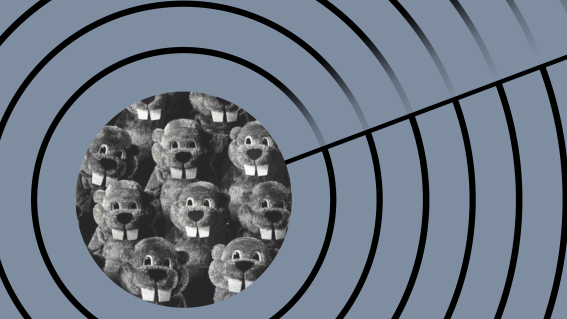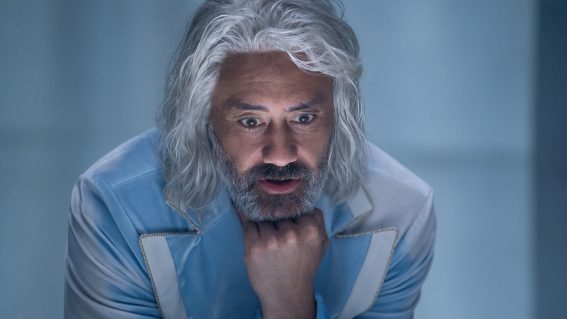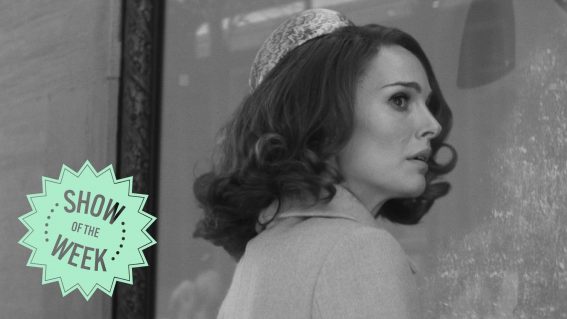Mr. & Mrs. Smith is a total reverse of the 2005 film
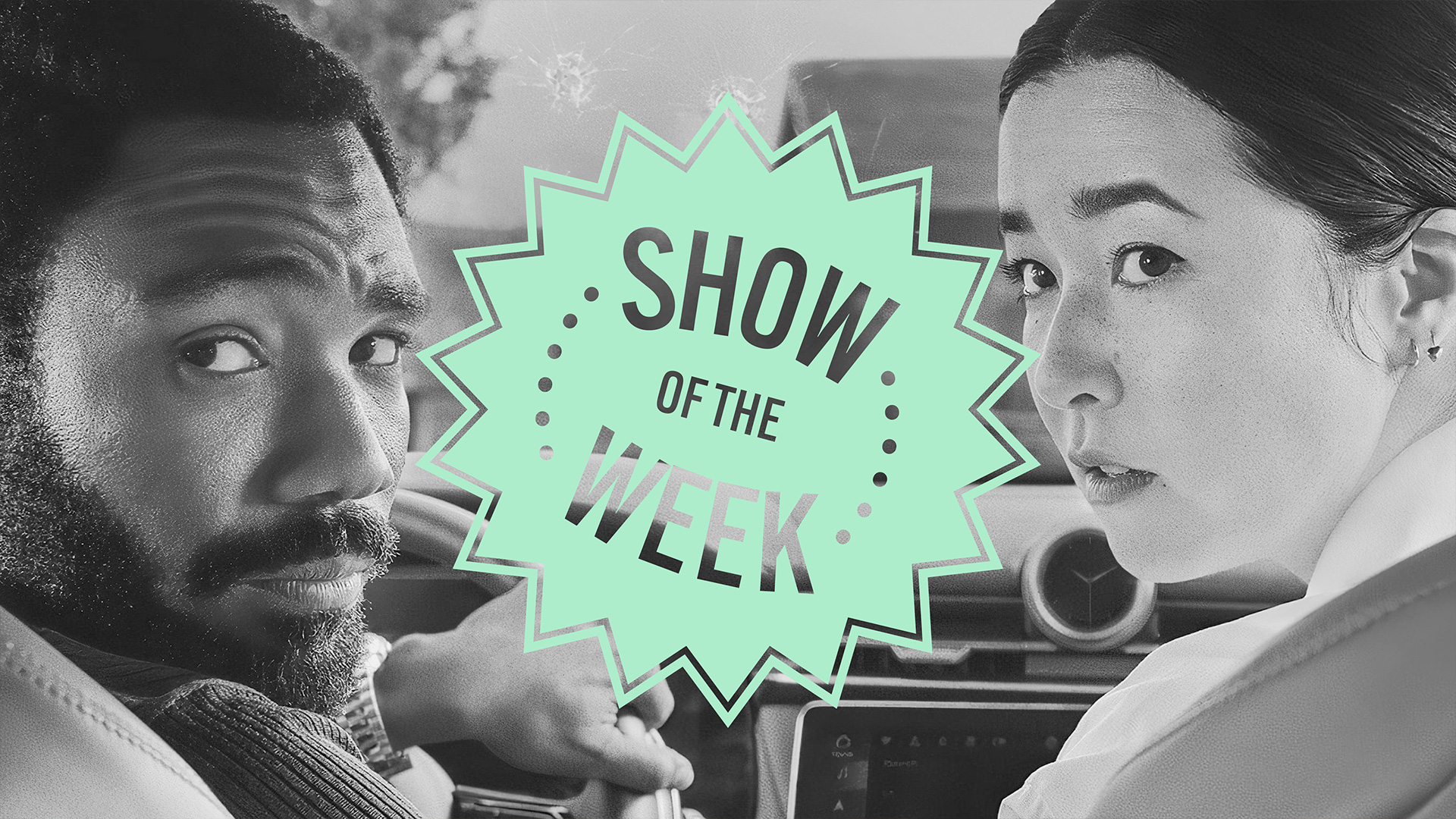
Clarisse Loughrey’s Show of the Week column, published every Friday, spotlights a new show to watch or skip. This week: Mr. & Mrs. Smith, a new take on the 2005 married spies film.
A spy narrative, most of the time, is an invitation to watch hot people work with efficiency. While 2005’s Mr. & Mrs. Smith had its off-camera diversions, the real on-camera pleasure was watching Angelina Jolie and Brad Pitt fire off guns and one-liners, playing people you’d stare at from across a bar but carve out your own kidneys before you’d ever approach. The new, modernised Mr. & Mrs. Smith, co-created by Donald Glover and Francesca Sloane (and, previously, Phoebe Waller-Bridge, before she left due to creative differences), leans into and fights actively against this brand of comfort culture. It’s a smart and sexy show for a while. Then, it gets a little depressing. Such is the modern age.
Our new agents-in-love, Jane (Maya Erskine) and John Smith (Glover), have a real millennial brand of charisma – casual but intense, white-hot not in how they bicker, but in the inane conversations they have folded in between the duvets. It’s a total reverse of the original, Doug Liman-directed, Simon Kinberg-written film. Here, Jane and John aren’t wholesome suburbanites unaware that their lover is actually a spy working for a rival agency, but complete strangers.
We walk with them through the recruitment process, which seems uncannily like a dating service, and find the pair shacked up together in an enviable New York brownstone with instructions to act out marital bliss. It’s the plot of every other piece of fan fiction, given an irresistibly cool makeover by the people behind Atlanta, where the punchline is that these two still fall in and out of love like ordinary people. It’s only that their brand of chat-up line tends to be, “Have you ever killed anyone?”
It’s fun, at first – really fun, especially when the cavalcade of celebrity cameos rock up. But, inevitably, all the old, familiar arguments start to bubble up: children, professional and romantic jealousy, home ownership, getting interrupted in the middle of sex by a cranky Ron Perlman, who you’ve just kidnapped, because he’s wandered into view and mumbled like a toddler, “I just threw up”.
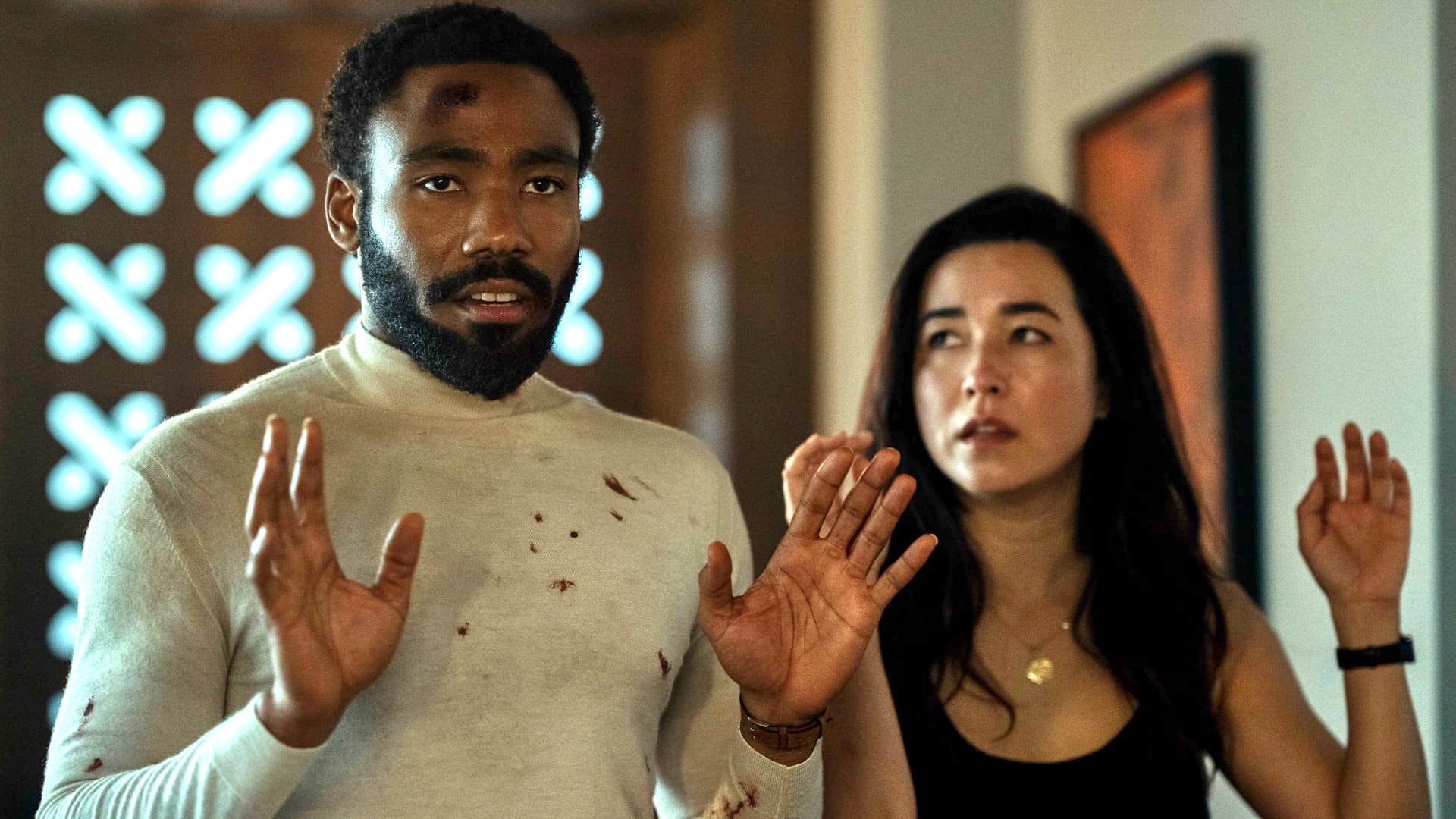
And, suddenly, everyone starts to sound like a therapist. Jane and John’s elusive superior, referred to only as “Mr Hihi”, talks like a therapist. All their targets talk like therapists. Their therapist (understandably) talks like a therapist. Mr. & Mrs. Smith becomes one, long, circulatory emotion dump. In short, she’s elusive, and that makes him feel insecure, especially when the whole “we murder for work” element suggests she might fatally betray him at any given moment. He’s so insecure, meanwhile, that every interaction he has in life seems to play out like a power struggle, whether he’s hanging out with the guys or on a double date with another, more glamorous couple.
It’s probably worth noting here that Jane and John are fairly terrible spies. They talk openly about their plans, within earshot of the unconsenting public; are so easily distracted by idle talk that they’ll lose sight of the people they’re meant to be tracking; and are far too mumblecore in approach to have mastered the art of seduction. That’s part of the subversion, presumably – that aspirational, fantasy way of life stripped down to the mundane. But it’s a somewhat miserable way to go about it, really. If these two individuals, in the most adrenaline-fuelled career there is, still end up going through the motions of love, then what hope is there for the rest of us? Are we all really that boring?



